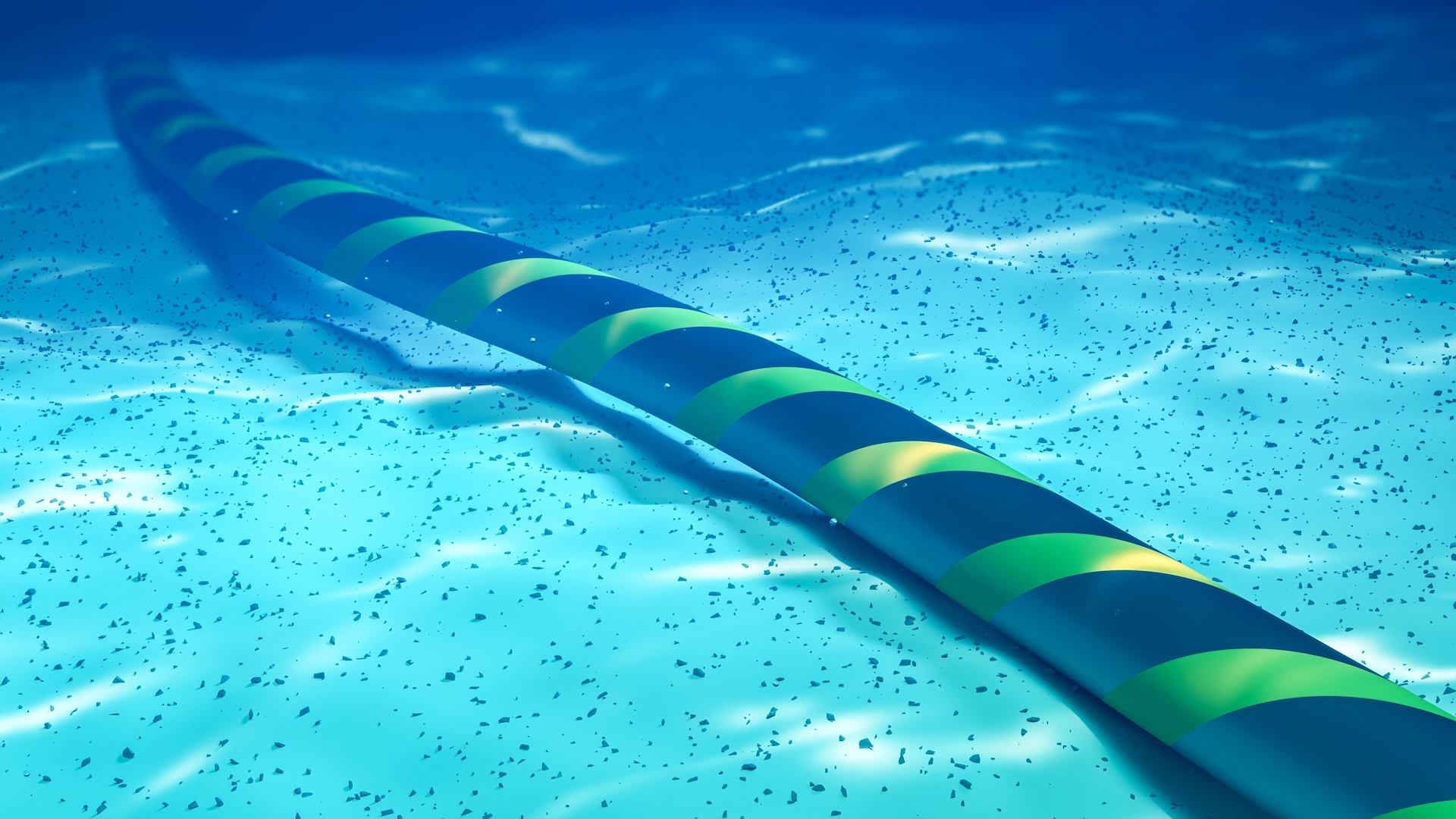
According to NATO intelligence officials, some of the services we take for granted in our daily lives could be easily disrupted if Russia chose to do so. Analysts believe Russia already has plans in place and is developing further strategies to disrupt Internet and Global Positioning System (GPS) networks worldwide.
Analysts believe Russia is mapping the undersea fiber optic cables that transfer data between continents. Officials speculate that the nation may have already carried out attacks on telecommunications and GPS networks on a smaller scale. NATO thinks Russia may have plans in place to target those networks in retribution for the West’s support for Ukraine in its war against Russia.
The deputy chairman of Russia’s Security Council, Dmitry Medvedev, laid bare the warning in June. Following an attack on Nord Stream 2, a gas pipeline between Russia and Germany, Medvedev issued a warning to NATO and other Western countries. Believing the West was behind the attack that blew up the pipeline, Medvedev said nothing was holding Russia back from “destroying the ocean floor cable communications of our enemies.”
In 2023, damage to a cable running under the Baltic Sea disrupted telecommunications between Sweden and Estonia. Russia strongly denied any involvement, but Sweden’s civil defense minister said the damage resulted from “external force or tampering.”
More recently, Russia was accused of an attack on GPS navigation systems that grounded flights from Helsinki, Finland, to Tartu, Estonia, for a month in April. Melanie Garson, an international security expert at University College London, told Business Insider that Russia has been developing this “cheap and effective way of malicious gray-zone interference” without resulting in open warfare for quite some time.
In a world increasingly dependent on the internet, data flows between continents are reliant on undersea telecommunications cables. A network of fiber optic cables spanning around 745,000 miles transmits 95% of international data. These cables have been viewed as potential military targets for decades, and both the U.S. and the former USSR kept watch over them during the Cold War.
Since Russia has land-based internet connectivity to Europe and Central Asia, it is much less reliant on undersea cables than the rest of the world. It makes recent Russian naval and intelligence activities worrisome. According to a Center for Strategic and International Studies (CSIS) report, Russia’s spy ships and submarines have been loitering near the undersea cable routes.
In response, NATO countries are stepping up their surveillance and patrols in vulnerable areas. NATO itself stepped up aircraft patrols off the coast of Ireland amid concerns about Russian submarine activity there. The organization is also establishing a system to automatically warn of attempted interference with oceanic fiber optic cables and reroute communications via satellite.
Unfortunately, the West doesn’t have any backup systems for the undersea fiber optic cable network, or the GPS systems aviation relies upon. The CSIS has called on the U.S. to increase its international cooperation to better coordinate a response to potential attacks on these key areas of infrastructure and for the rest of the world to work on developing robust alternatives for international communications systems.







